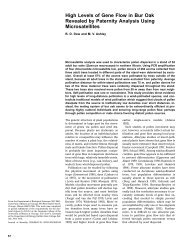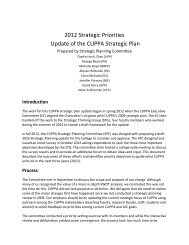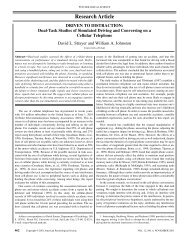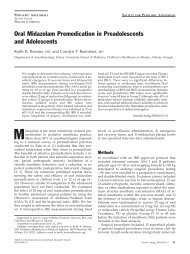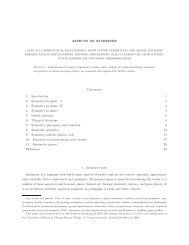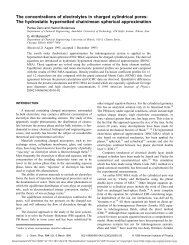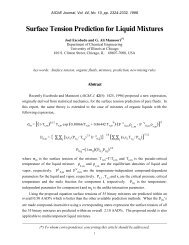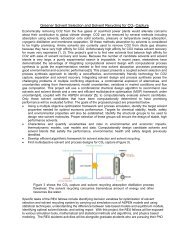Repeating Lenin by Slavoj Zizek
Repeating Lenin by Slavoj Zizek
Repeating Lenin by Slavoj Zizek
Create successful ePaper yourself
Turn your PDF publications into a flip-book with our unique Google optimized e-Paper software.
<strong>Repeating</strong> <strong>Lenin</strong> <strong>by</strong> <strong>Slavoj</strong> <strong>Zizek</strong><br />
9/20/11 2:53 PM<br />
Capitalism is not just a historical epoch among others — in a way, the once fashionable and<br />
today forgotten Francis Fukuyama WAS right, global capitalism IS “the end of history.” A<br />
certain excess which was as it were kept under check in previous history, perceived as a<br />
localizable perversion, as an excess, a deviation, is in capitalism elevated into the very principle<br />
of social life, in the speculative movement of money begetting more money, of a system which<br />
can survive only <strong>by</strong> constantly revolutionizing its own conditions, that is to say, in which the<br />
thing can only survive as its own excess, constantly exceeding its own “normal” constraints. Let<br />
us take the case of consumption: before modernity, we were dealing with the direct opposition<br />
between moderate consumption and its excess (gluttony, etc.); with capitalism, the excess (the<br />
consumption of “useless things”) becomes THE RULE, i.e. the elementary form of buying is the<br />
act of buying things we “do NOT really need.” And, perhaps, it is only today, in the global<br />
capitalism in its “postindustrial” digitalized form, that, to put it in Hegelian terms, the reallyexisting<br />
capitalism is reaching the level of its notion: perhaps, one should follow again Marx’s<br />
old anti-evolutionist motto (incidentally, taken verbatim from Hegel) that the anatomy of man<br />
provides the key for the anatomy of a monkey, i.e. that, in order to deploy the inherent notional<br />
structure of a social formation, one must start with its most developed form. Marx located the<br />
elementary capitalist antagonism in the opposition between use- and exchange-value: in<br />
capitalism, the potentials of this opposition are fully realized, the domain of exchange-values is<br />
acquires autonomy, is transformed into the spectre of self-propelling speculative capital which<br />
needs the productive capacities and needs of actual people only as its dispensable temporal<br />
embodiment. Marx derived the very notion of economic crisis from this gap: a crisis occurs<br />
when reality catches up with the illusory self-generating mirage of money begetting more<br />
money — this speculative madness cannot go on indefinitely, it has to explode in ever stronger<br />
crises. The ultimate root of the crisis is for him the gap between use and exchange value: the<br />
logic of exchange value follows its own path, its own mad dance, irrespective of the real needs<br />
of real people. It may appear that this analysis is more than actual today, when the tension<br />
between the virtual universe and the real is reaching almost palpably unbearable proportions: on<br />
the one hand, we have crazy solipsistic speculations about futures, mergers, etc., following their<br />
own inherent logic; on the other hand, reality is catching up in the guise of ecological<br />
catastrophes, poverty, the Third World collapse of social life, the Mad Cow Disease. This is why<br />
cyber-capitalists can appear as the paradigmatic capitalists today, this is why Bill Gates can<br />
dream of the cyberspace as providing the frame for what he calls “frictionless capitalism.” What<br />
we have here is an ideological short-circuit between the two version of the gap between reality<br />
and virtuality: the gap between real production and virtual spectral domain of the Capital, and<br />
the gap between experiential reality and virtual reality of cyberspace. It effectively seems that<br />
http://www.marxists.org/reference/subject/philosophy/works/ot/zizek1.htm<br />
Page 30 of 57



